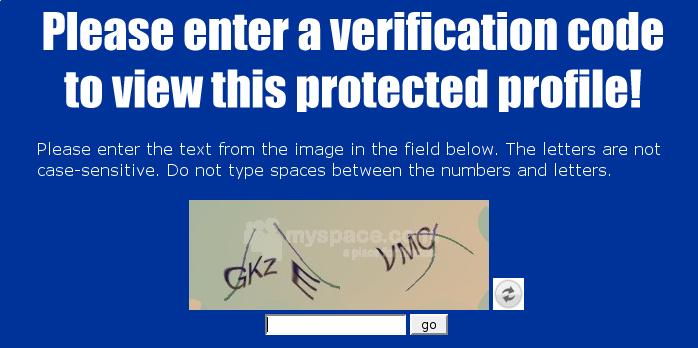Captcha Killer
« — » Google patent CAPTCHA killer? Monday, 7 January 2008 — by Google filed a patent in July 2007 that could change the very landscape of the web forever. And that same patent could also effectively kill off the CAPTCHA CAPTCHA: patently out of date? According to a WIPO (Word Intellectual Property Organization) filing,: “Digital images can include a wide variety of content. For example, digital images can illustrate landscapes, people, urban scenes, and other objects.

Digital images often include text. Digital images can be captured, for example, using cameras or digital video recorders. Image text (i.e., text in an image) typically includes text of varying size, orientation, and typeface. Text in a digital image derived, for example, from an urban scene (e.g. Scary Pc Escape Games. , a city street scene) often provides information about the displayed scene or location. A typical street scene includes, for example, text as part of street signs, building names, address numbers, and window signs.” From the point of view of Google, their proposed technology patent is a monumental leap forward.

They’ll be able to index any amount of images and video, enhancing the value of our content along the way. While the technology is significant, it’s the kind of thing I expected someone to produce sooner rather than later. I am in a way relieved that it’s Google and not some undisclosed cabal of developers, hidden out in Russia somewhere. However, there are thousands more developers out there, some of which make their money from less than reputable computer-aided pursuits, such as the proliferation of “spam” email and ‘blog comments. If it is the case that Google has figured out a way of reading such textual novelties from images, then their successes will be watched closely with secluded scrutinizing eyes, both near and far. Google may well be paving the way for what could well be the death of the CAPTCHA — potentially opening the flood gates to unsolicited ‘blog comments and email messages.